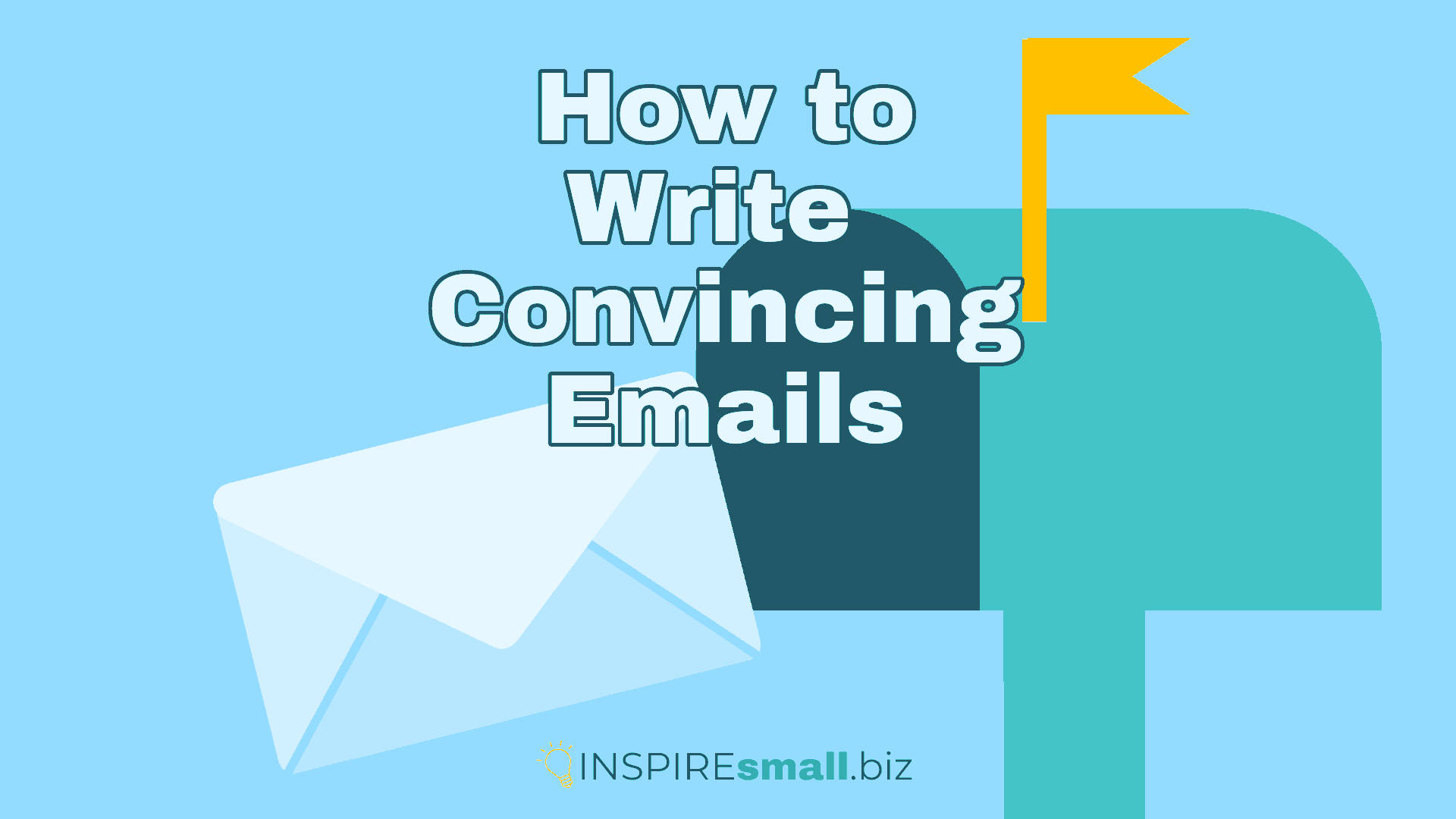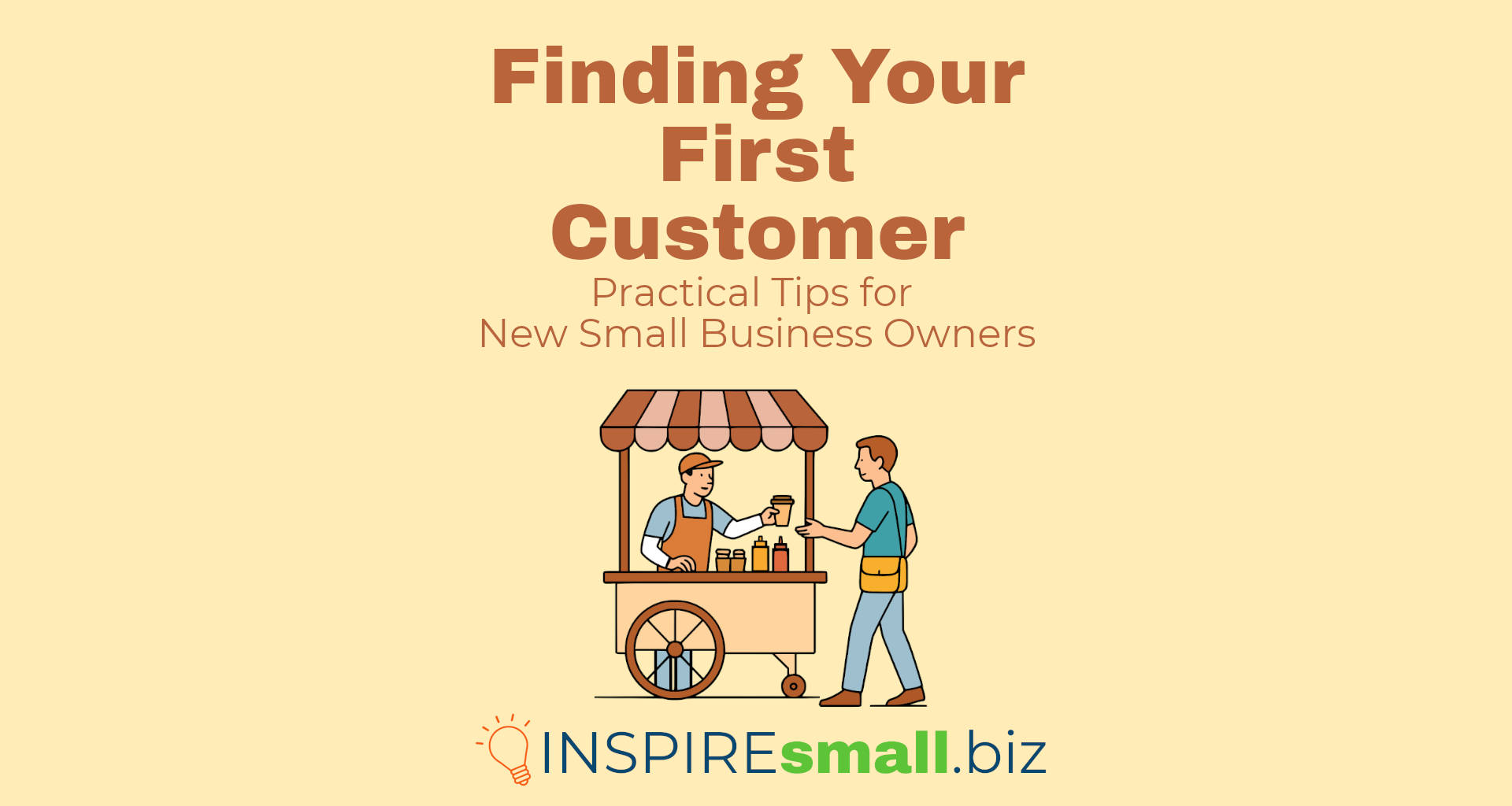Email is a powerful communication tool in today’s digital world, and writing convincing emails is essential for personal and professional success. Whether you’re pitching a business idea, seeking a job opportunity, or simply trying to get your point across, your ability to craft persuasive emails can make all the difference. In this article, we’ll explore effective tips for writing convincing emails that grab your recipient’s attention and achieve the desired results.
Clear and Concise Subject Line
The subject line is the first thing your recipient sees, and it often determines whether they open your email or not. Make it clear and concise, summarizing the purpose of your email in a few words. A compelling subject line sets the tone for the entire message.
Know Your Audience
Understanding your recipient’s needs, interests, and preferences is crucial. Tailor your message to resonate with them. Whether you’re addressing a colleague, a potential client, or a hiring manager, consider what matters most to them and how your email can provide value.
Strong Opening
Your email’s opening should grab the reader’s attention. Use a compelling statement, a relevant question, or a concise summary of the purpose of your message. Avoid long introductions, as your recipient’s time is valuable.
Personalization
Personalize your email whenever possible. Address the recipient by their name and reference specific details that relate to them. Generic emails are easily dismissed, but personalization shows that you’ve put thought into your message.
Clear and Direct Message
Keep your message clear and to the point. Avoid jargon, lengthy explanations, or excessive details. State your purpose in a straightforward manner and make it easy for the recipient to understand your message quickly.
Use a Conversational Tone
Write your email in a friendly and conversational tone. Avoid overly formal language that can make your email sound rigid or robotic. A conversational tone makes your message more approachable and relatable.
Highlight Benefits
Explain how your proposal, idea, or request benefits the recipient. Highlight the value they will gain from taking the desired action. People are more likely to respond positively when they see how something benefits them.
Address Objections
Anticipate potential objections or questions your recipient may have and address them in your email. This shows that you’ve thought through the details and are prepared to provide answers, which can build trust and credibility.
Call to Action (CTA)
Clearly state what you want the recipient to do next. Whether it’s scheduling a meeting, making a purchase, or replying to your email, a well-defined CTA guides the recipient on how to proceed.
Polite and Respectful Closing
End your email with a polite and respectful closing. Thank the recipient for their time and consideration. A courteous closing leaves a positive impression.
Proofread and Edit
Errors in grammar, spelling, or punctuation can detract from your message’s credibility. Always proofread your email and, if possible, have someone else review it as well. A well-written email reflects professionalism and attention to detail.
Follow Up
If you don’t receive a response within a reasonable time frame, consider sending a polite follow-up email. It’s possible that your initial email got lost in the recipient’s inbox or they haven’t had a chance to respond. A follow-up email shows your continued interest.
Timing Matters
Consider the timing of your email. Sending it during regular business hours on weekdays is often the best practice. Avoid sending emails at odd hours, as they may get lost in the recipient’s inbox or be viewed as intrusive.
Professional Email Signature
Your email signature should include your name, title, contact information, and any relevant links or social media profiles. A professional signature adds credibility to your message.
Writing convincing emails is a valuable skill that can lead to successful communication and positive outcomes. By focusing on clarity, personalization, and a compelling message structure, you can create emails that resonate with your recipients and drive the desired actions. Whether you’re in business, job seeking, or simply communicating with colleagues and friends, effective email writing is an essential tool in your communication arsenal.



